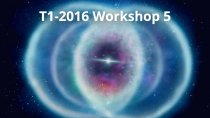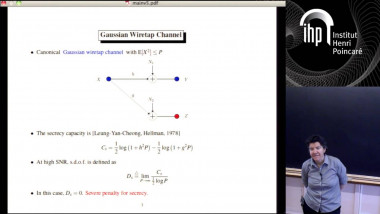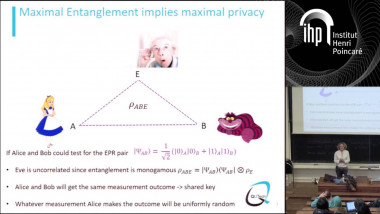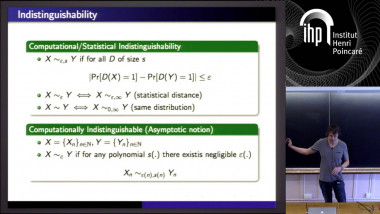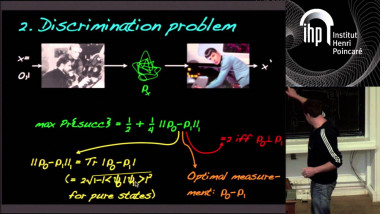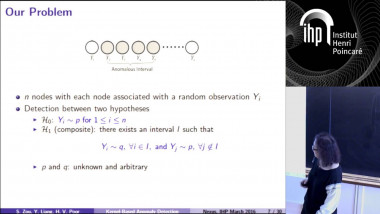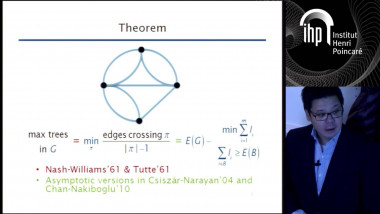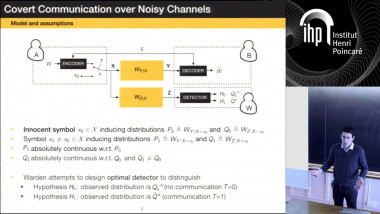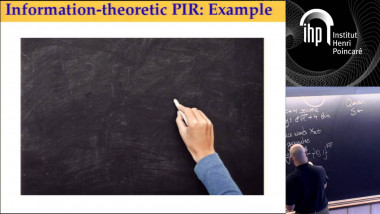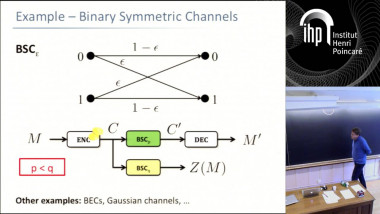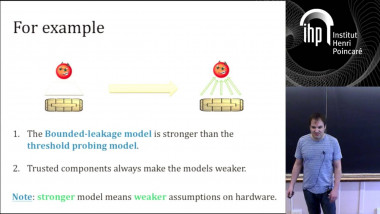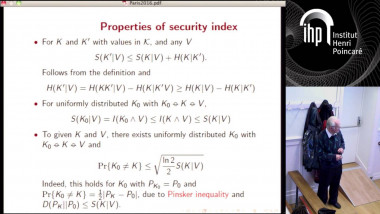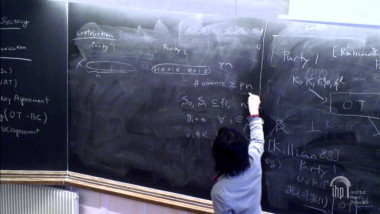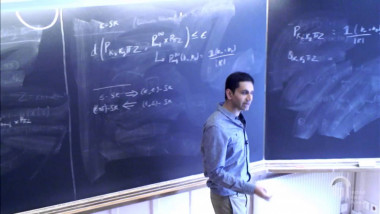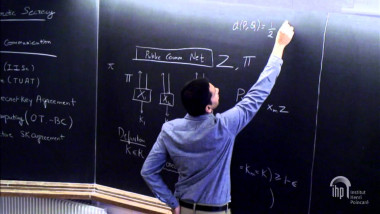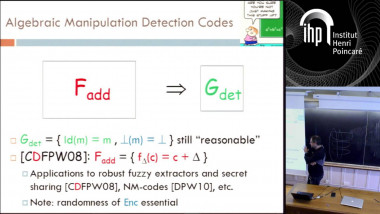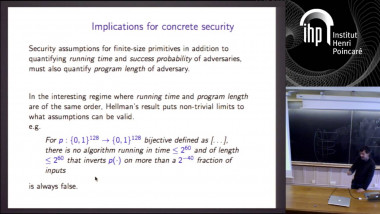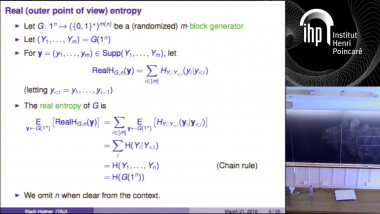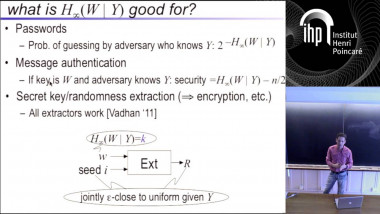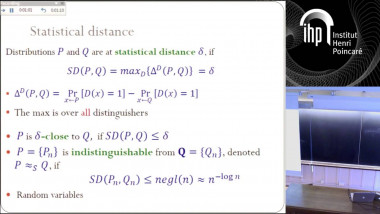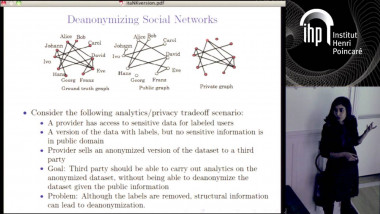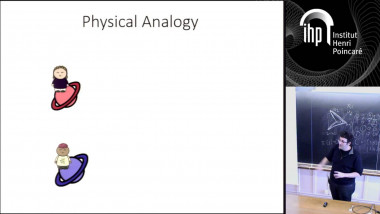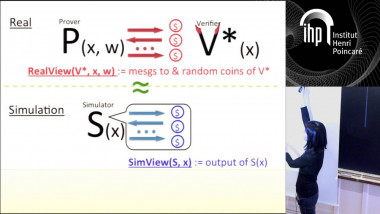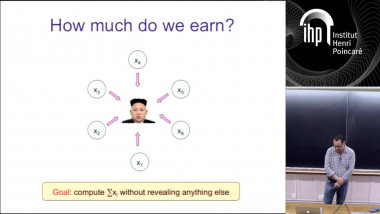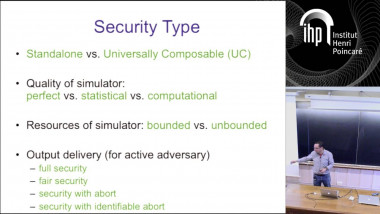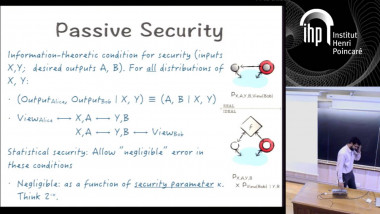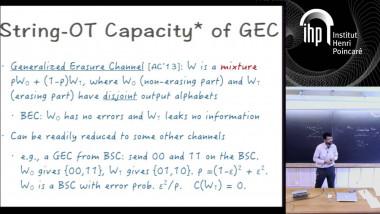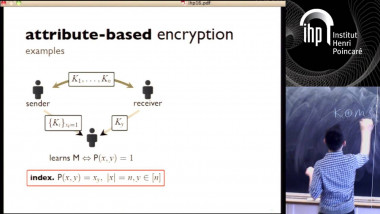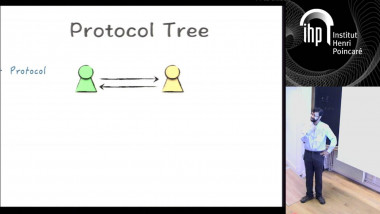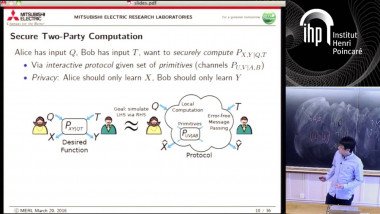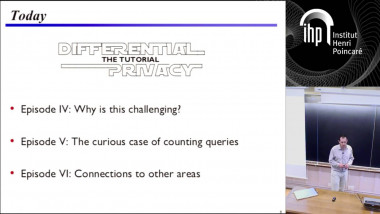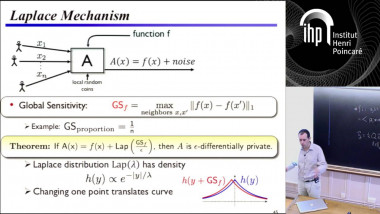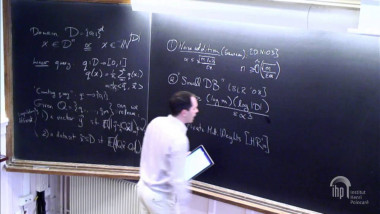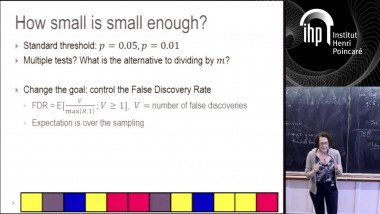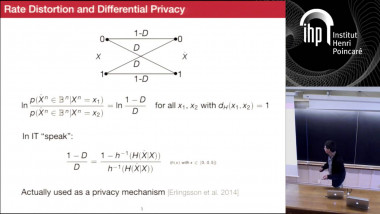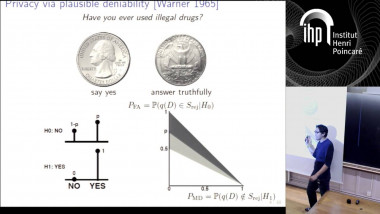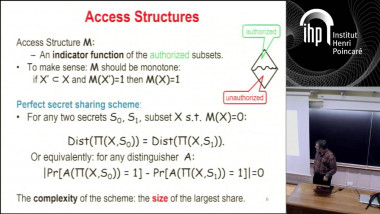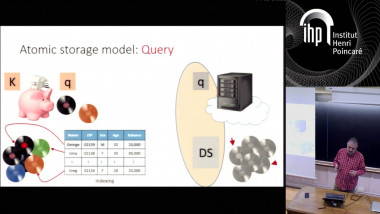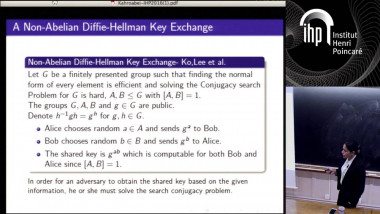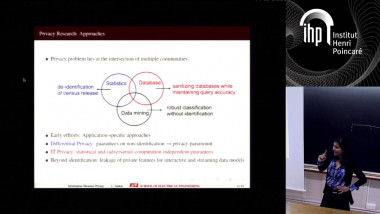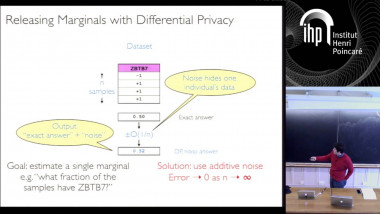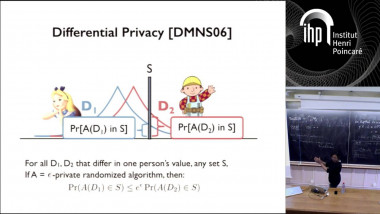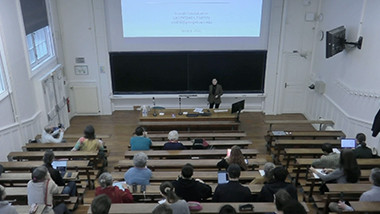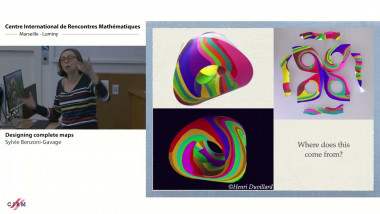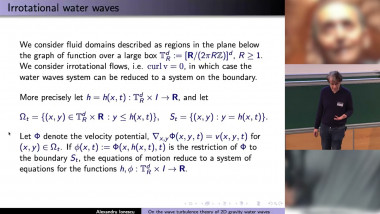Reflections on Quantum Data Hiding
Quantum data hiding, originally invented as a limitation on local operations and classical communications (LOCC) in distinguishing globally orthogonal states, is actually a phenomenon arising generically in statistics whenever comparing a 'strong’ set of measurements (i. e. , decision rules) with a 'weak’ one. The classical statistical analogue of this would be secret sharing, in which two perfectly distinguishable multi-partite hypotheses appear to be indistinguishable when accessing only a marginal. The quantum versions are richer in that for example LOCC allows for state tomography, so the states cannot be come perfectly indistinguishable but only nearly so, and hence the question is one of efficiency. The issues covered in the talk are going to be the following: 1. We will revisit a construction by Hayden/Leung/Smith for multi-party LOCC data hiding, and as a new result show that it meets a universal bound on the information efficiency of any data hiding scheme. 2. Gaussian operations and classical computation (GOCC): Not very surprisingly, GOCC cannot distinguish optimally even two coherent states of a single mode (Takeoka & Sasaki, PRA 78:022320, 2008). But we can find states, each a mixture of multi-mode coherent states, which are almost perfectly distinguishable by suitable measurements, by when restricted to GOCC, i. e. linear optics and postprocessing, the states appear almost identical. The construction is random and relies on coding arguments. Open questions include whether one can give a constructive version of the argument, and whether for instance even thermal states can be used, or how efficient the hiding is.











